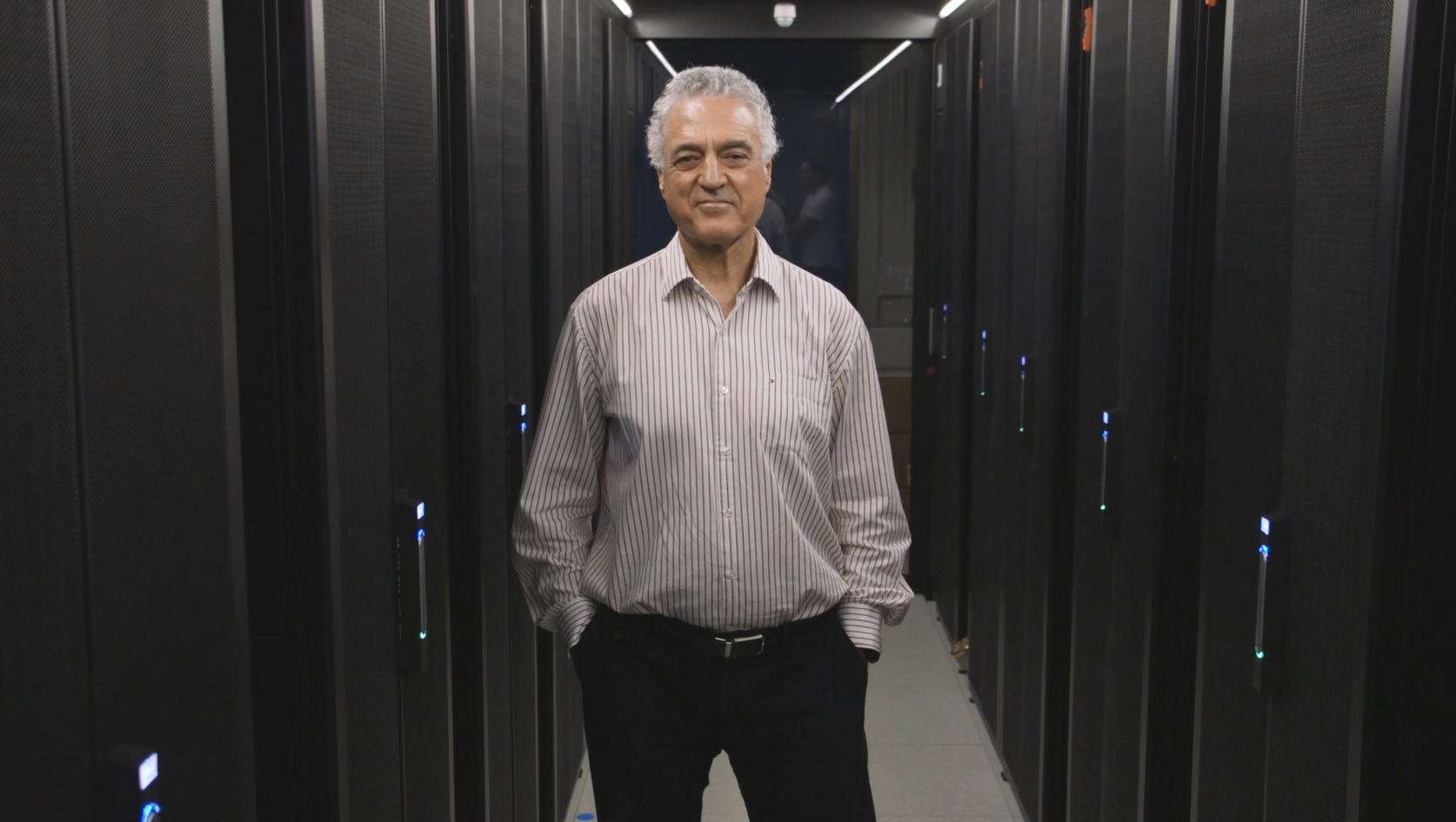BACK TO RESEARCH WITH IMPACT: FNR HIGHLIGHTS
BACK TO RESEARCH WITH IMPACT: FNR HIGHLIGHTS
Prof Paulo Esteves-Veríssimo, a renowned expert in his field, has been FNR PEARL Chair at the University of Luxembourg’s Centre for Security, Reliability and Trust (SnT) since 2014. There he leads a team working on technologies to improve cyber security in highly critical areas.
Cyber attacks on digital networks such as financial systems, telecommunications, transport or the energy sector can have a serious impact on society.
Sensitive information infrastructures and highly specialised hackers
Paulo Veríssimo does not believe that digital networks can be permanently protected from hacker access – sooner or later they will invade any sensitive system. For example, in 2017, when globally active companies such as the US logistics company FedEx and Deutsche Bahn with their logistics subsidiary Schenker were affected by the WannaCry malware.
According to Paulo Verissimo, if intrusion cannot be prevented, the functional components of the network must become more resistant. In analogy to other areas, Verissimo wants to develop networks with numerous replicas of technical components.
Replicas and maintenance processes should make better defence possible
In aircraft, for example, the flaps that serve as a lift aid on the wings are operated by several pumps. If one of the pumps fails, the others take over. Instead of one processor, several processors could be installed in one computer.
A hacker would have to manipulate several of them at the same time to make his attack effective. Verissimo plans additional protection through continuous maintenance processes in which components such as processors are reset and loaded with fresh software.
Security for autonomous driving, blockchain and medical data
An automatic protection reaction of digital systems is particularly important when an attack needs to be reacted to promptly. According to Paulo Verissimo, the image of a security officer who registers a hacker attack and then takes measures to combat it is no longer appropriate for autonomous vehicles: In such scenarios, the reaction must take place without delay.
Further areas of application are blockchain technology and the protection of personal data in medicine. So far, biomedical data can only be used to a very limited extent because the risk of violation of personal rights is too great.
In an EU project that Verissimo and the Interdisciplinary Centre for Biomedical Systems (LCSB) are applying for at the University of Luxembourg, a method for the secure exchange of critical biomedical data is to be developed.
In the video below, Paulo Verissimo also talks about the dependence of modern societies on digital networks and the danger of attacks by criminal groups and hostile states.
About Prof Paulo Esteves-Veríssimo
Paulo Esteves-Veríssimo is a Professor and FNR PEARL Chair at the University of Luxembourg Faculty of Science, Technology and Communication (FSTC), since fall 2014, and head of the CritiX lab (Critical and Extreme Security and Dependability) at SnT, the Interdisciplinary Centre for Security, Reliability and Trust at the same University. He is adjunct Professor of the ECE Dept., Carnegie Mellon University. Veríssimo is Fellow of the IEEE and Fellow of the ACM, and he is associate editor of the IEEE Transactions on Computers (TC – 2015—). He is currently Chair of the IFIP WG 10.4 on Dependable Computing and Fault-Tolerance and vice-Chair of the Steering Committee of the IEEE/IFIP DSN conference. Research interests include secure and dependable distributed architectures, middleware and algorithms for: resilience of large-scale systems and critical infrastructures, privacy and integrity of highly sensitive data, and adaptability and safety of real-time networked embedded systems.
About the FNR PEARL programme
With the PEARL programme, the FNR offers Luxembourg research institutions attractive funding to enable them to draw established and internationally recognised researchers from abroad to Luxembourg. Through the recruitment of outstanding scientists in strategically important areas, the FNR aims to accelerate the development and strengthening of Luxembourg’s national research priorities. PEARL projects have a lifespan of five years with a financial contribution of between 3-4 MEUR by the FNR. The financial contribution can be used flexibly to implement the research programme at the host institution.
Video by ScienceRelations
Related highlights: PEARL

RELATED PROGRAMMES